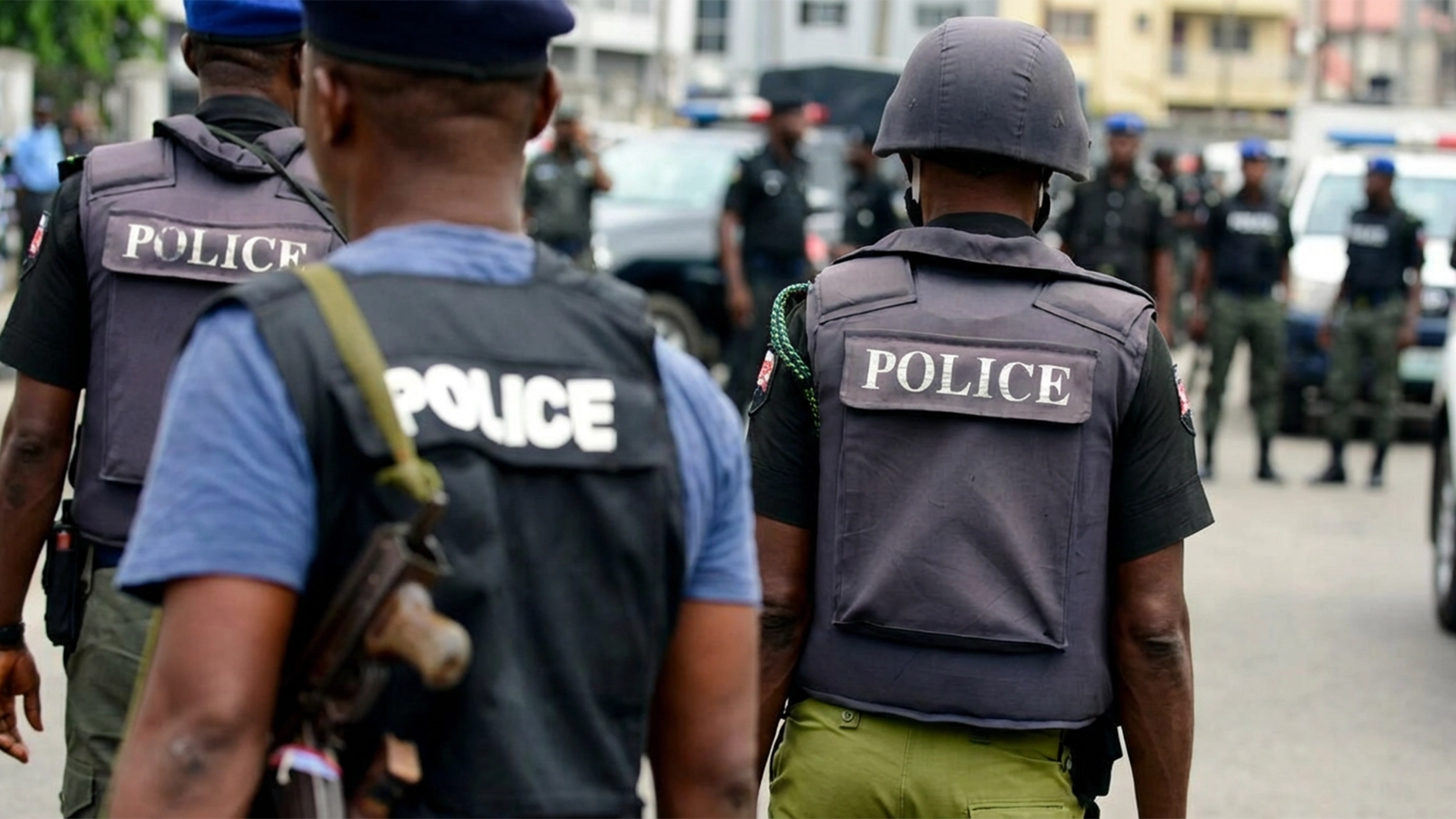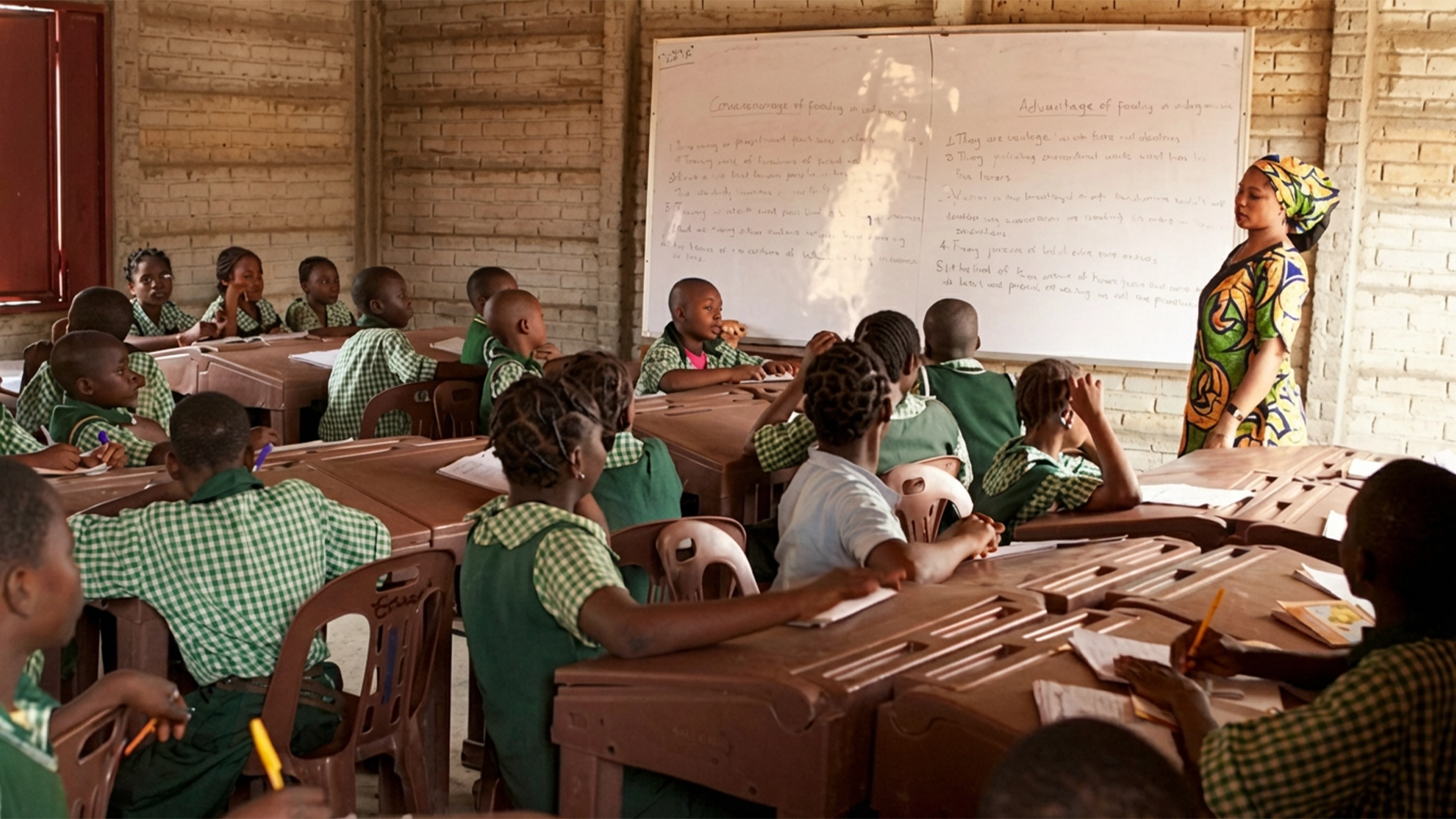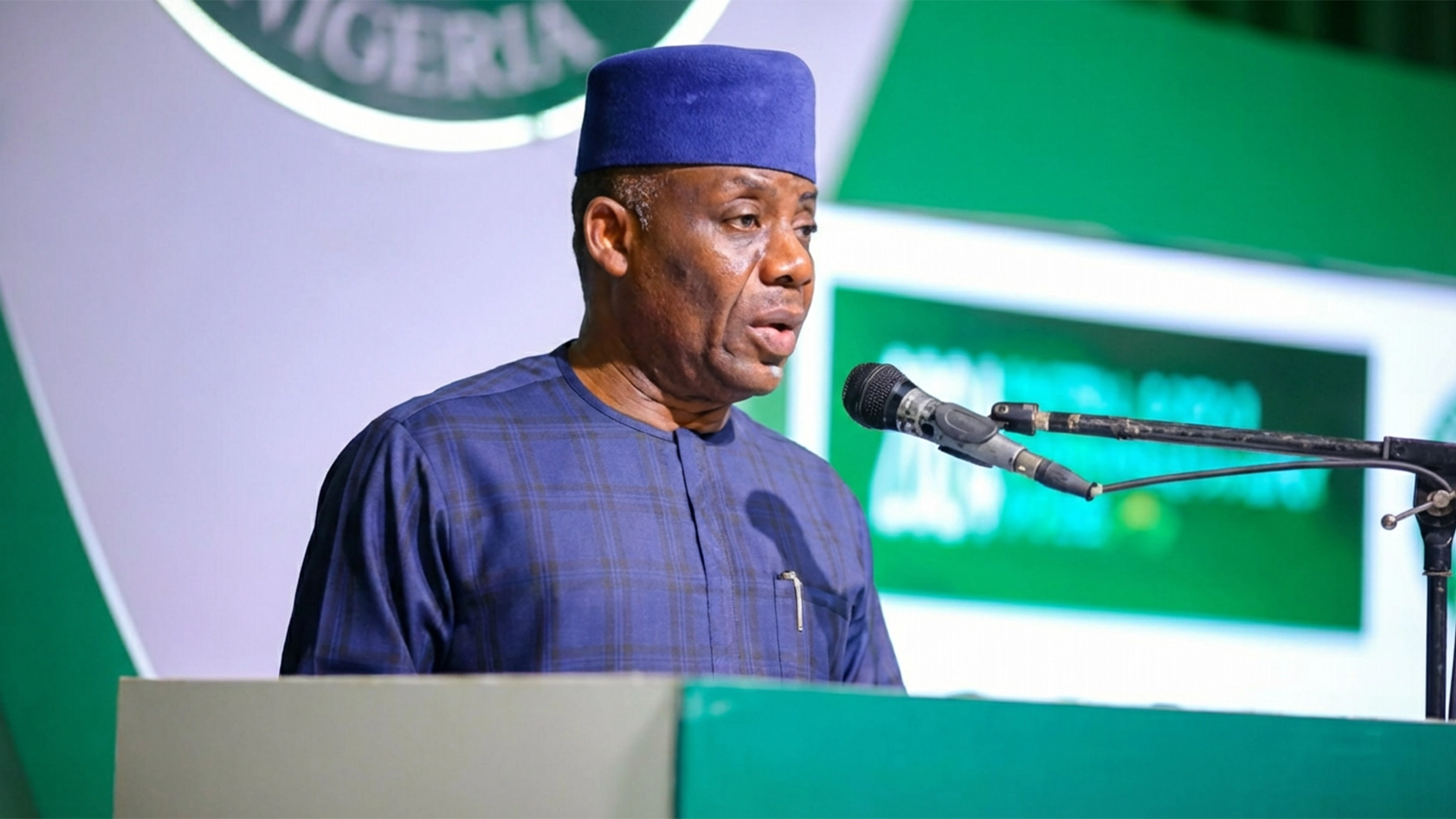
The huge public debt servicing burden on Nigeria has been an issue of great concern to Nigerians as well as the international community, especially the multilateral financial institutions. In the twilight of the administration of former President Muhammadu Buhari, as much as 98 per cent of total revenues that accrued to the Federal Government were used to service the public debt.
That was sad as it impacted negatively on the country’s economy; and President Bola Tinubu appropriately labelled it as “destructive” and clearly unsustainable. The practice put the country under serious financial straits particularly when more borrowings would have to be made to sustain government bureaucracy over the period.
Refreshingly, the Tinubu administration has committed to reversing this trend. As President Tinubu stated at the recent Nigerian Bar Association’s (NBA) yearly conference held in Abuja, the government under his watch would not waste as much as 90 per cent of its scarce revenue in the servicing of external debts, given that the prosperity of Nigerians would only occur when poverty is banished from the society. Tinubu rightly stated that the prosperity Nigerians require would only occur once poverty is banished from the society with the focused cooperation of Nigeria’s private sector leaders, many of whom were present at the opening ceremony. This is the way to go.
“Can we continue to service external debts with 90 per cent of our revenue? It is a path to destruction. It is not sustainable. We must make the very difficult changes that are necessary for our country to get up from slumber and be respected among the great nations of the world,” the President said.
Speaking on the theme of the conference, “Getting it Right: Charting the Course for Nigeria’s Nation-building,” the President stated that hard decisions must be made to set the country on a growth trajectory, despite the initial pains which meaningful reforms usually bring. “We cannot have the country we desire without the reforms we have initiated. It is painful at the beginning, in the short and medium term, but we must do what we have to do to take this nation to its great destiny. It is not about you and it is not about me. It is about our generations yet unborn, for whom we must bequeath a great and prosperous country,” he said.
However, talk is cheap, as is commonly stated. There are many issues that have to be addressed for the country to benefit from this new path in the development of the country. Government needs to “walk the talk” and take into consideration issues that made the Buhari administration commit so much as 98 per cent to the servicing of the public debt. Good enough, one of the issues, the vexatious fuel subsidy, has been removed by the Tinubu administration in addition to the harmonisation of the foreign exchange markets. These are steps in the right direction, if duly followed up. Though these two major policy reversals have put more money in the hands of the government for the running of its bureaucracy and the enhancement of its development goals, the negative side-effects are still biting hard on the populace with the ordinary man seeking for an urgent reprieve from the pains of these drastic government policies.
It is instructive that President Tinubu is of the All Progressives Congress (APC) political party, which, under the immediate past president Muhammadu Buhari was a strong proponent of the innocuous debt servicing policies while it lasted. The APC had also blamed the Peoples Democratic Party (PDP) which held office for 16 years since the return to democratic rule in 1999, for mismanaging the economy.
According to the Manufacturers Association of Nigeria (MAN), indeed Nigeria’s debt profile has become a great source of worry. The public debt has ballooned to over N87 trillion given the latest figures emanating from the Debt Management Office (DMO). This is a consequence of the securitisation of the Ways and Means advances from the Central Bank of Nigeria in addition to the quantum of the external debt which comprises about 40 per cent of the total non-CBN debt and the domestic debt portfolio, which accounts for the remaining 60 per cent. The need to frontally address the public debt issue and thus minimise the level of debt service payments would help the government to address other development-oriented public projects and thus fulfil the numerous promises made to the electorate at the time of campaign.
It also minimises the incidence of the government embarking on the borrowing spree as was the case under the Buhari administration where the then National Assembly cast all caution to the winds and approved virtually all foreign loan requests brought before it by the executive arm of government. These incurred loans led to very low levels of foreign capital inflow and foreign investments. It thus had a negative effect on the foreign exchange market with the continual depreciation of the local currency against foreign currencies with consequent effect on the foreign trade and the balance of payment.
The Tinubu administration should not relent in its quest to reduce the level of debt service payments. First, he must cut down on the cost of governance through the reduction in the emoluments and perks of office of political office holders; and secondly by maximising the benefits from the fuel subsidy removal and ensure that the tax net is widened to incorporate those not paying enough tax or those not paying tax at all. Nigeria needs to come to terms with its current challenges and ensure that the downward trend in the country’s economic circumstances, which became pronounced under the Buhari administration, are permanently reversed.






